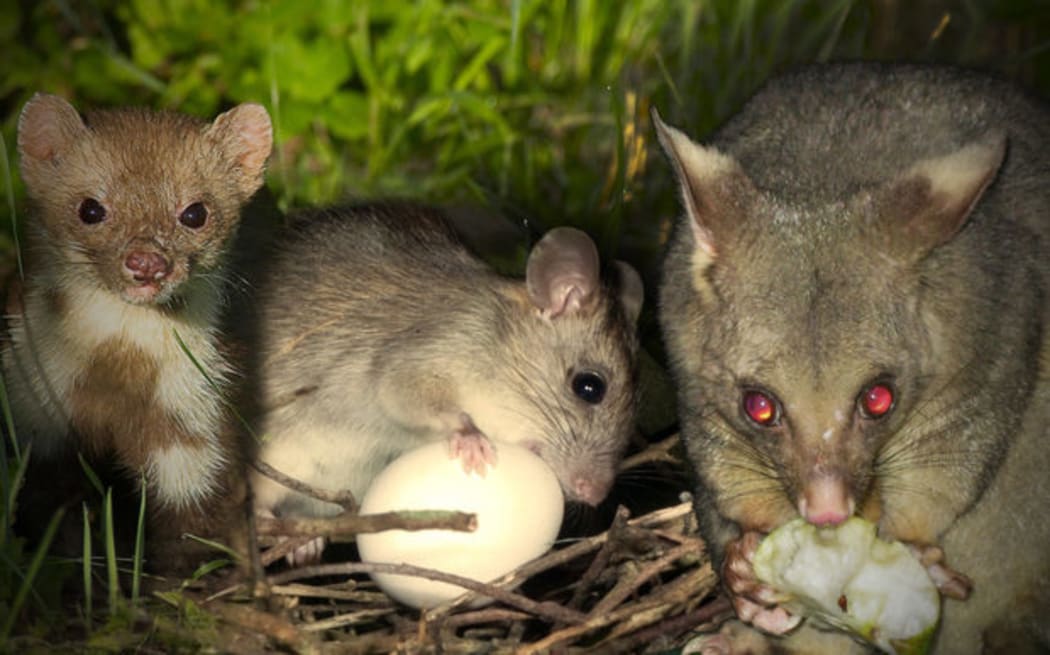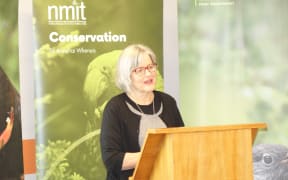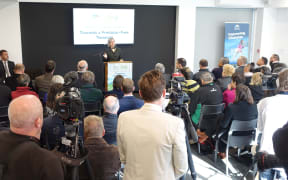The campaign to get New Zealand free of predators by 2050 has been called expensive, unworkable and even unethical.

Photo: Supplied
The scheme was brought in by the previous National-led government and focussed on eliminating possums, stoats, and rats, as threats to native biodiversity.
However, two scientists, Wayne Linklater from Victoria University and Jamie Steer, of Greater Wellington Regional Council, say it is poorly thought out.
Dr Linklater said some people would not support the policy on moral grounds.
"We have a community who have a diversity of views and values about animals and how you treat them. There are many in New Zealand who might regard being 'cruelty free' as a more loftier goal than being 'predator free'.
"And for many of them rolling out the current tools to kill predators is going to be regarded as cruel."
Dr Linklater said the programme would be expensive and might not even work.
"The conservative estimates of getting rid of these predators, or at least making the attempt, would be $1 billion a year," he said.
"That's a lot of teachers, nurses and police, so I think it is a financially naive conservation policy."
Dr Linklater added the cost would go up, as the programme advanced.
It would be easy to cull predators in large numbers in the early stages, but harder later on, when tracking down the last few survivors would be exponentially more costly, he said.
The Department of Conservation's programme manager for the Predator Free campaign, Brent Beaven, agreed there was some truth in that, but new technology would lessen its impact.
He flatly rejected the suggestion that the programme would cost $1b annually.
"Costings done a couple of years ago.... came out with $9b.
"That sounds a lot, but $9b over 32 years, in the scheme of New Zealand expenditure, is not a lot of money to achieve something like Predator Free.
"It is 1.8 percent of the health budget... it is well within the space of saying, 'Let's make New Zealand a better place'."
Dr Linklater and Dr Steer also proposed an alternative to eradication: having large numbers of wildlife sanctuaries surrounded by buffer zones of restored vegetation, with predator suppression, not eradication, in those zones.
Mr Beaven said that was a conservative approach.
"That's basically what we have been doing for the last 20 years and we have still got declining biodiversity," he said.
"It is not enough to lift us into the space we need to be to get thriving native species.
"It is a step towards Predator Free, I agree it is a good way to start, but we need to be aiming higher."





